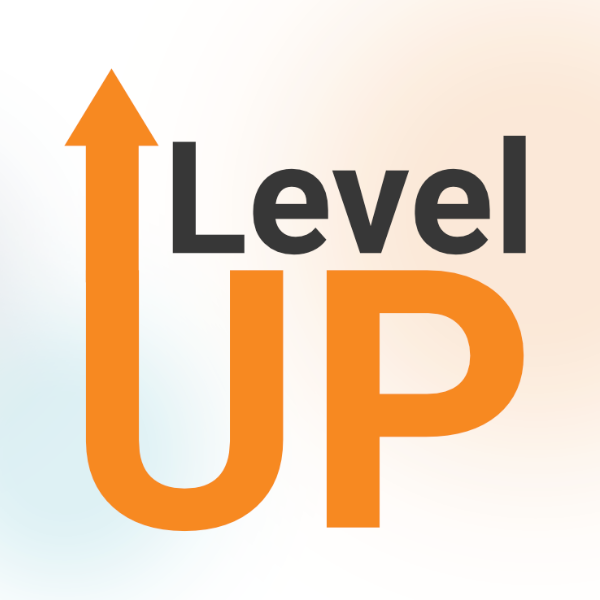Tricorder-Like Device Design Project
Project scope
Categories
Hardware product designSkills
fourier transform infrared spectroscopy inductively coupled plasma analytical techniques information sciences electron microprobe nuclear magnetic resonance chemical composition in-vivo magnetic resonance spectroscopy fluorescence spectroscopyThe main goal for the project is to create three 3D renderings of tricorder-like devices, modernized for contemporary use in the rock, gem, and fossil industry. The prototypes will be designed in three versions: an industrial model, a phone attachment model, and a handheld model. The primary function of these devices will be to analyze and identify the composition of rocks, gems, and fossils, and present the results in a user-friendly manner to democratize access to scientific information.
- Analyze and identify the composition of rocks, gems, and fossils for each device model
- Design three 3D renderings of the tricorder-like devices
- Develop user-friendly interfaces for presenting detailed information
Machine will collect
- Spectroscopy: Machines can be used to conduct spectroscopic analysis on minerals. This involves shining a light on the mineral and measuring the intensity of the light that is reflected back. Different minerals will reflect light at different intensities, which can be used to identify the mineral.
- X-ray Diffraction (XRD): XRD machines can be used to determine the crystal structure of a mineral. This involves shining X-rays at the mineral and measuring the angles at which the X-rays are diffracted. The diffraction pattern is unique to each mineral and can be used to identify it.
- Mass Spectrometry (MS): This technique is used to identify the chemical composition of a sample by producing spectra of the masses of the atoms or molecules comprising the sample. The spectra are used to determine the elemental or isotopic signature of a sample, the masses of particles and of molecules, and to elucidate the chemical structures of molecules, such as peptides and other chemical compounds
- X-ray Fluorescence (XRF): XRF is a non-destructive analytical technique used to determine the elemental composition of materials. XRF analyzers determine the chemistry of a sample by measuring the fluorescent (or secondary) X-ray emitted from a sample when it is excited by a primary X-ray source
- Fourier Transform Infrared Spectroscopy (FTIR): FTIR is a technique used to obtain an infrared spectrum of absorption or emission of a solid, liquid or gas. It can provide crucial information on the molecular structure and composition of a substance
- Nuclear Magnetic Resonance Spectroscopy (NMR): NMR is a spectroscopic technique to observe local magnetic fields around atomic nuclei. It is used to determine the physical and chemical properties of atoms or the molecules in which they are contained
- Inductively Coupled Plasma Mass Spectrometry (ICP-MS): ICP-MS is a type of mass spectrometry that is highly sensitive and capable of the determination of a range of metals and several non-metals at concentrations below one part in 1012. It is based on coupling together an inductively coupled plasma as a method of producing ions with a mass spectrometer as a method of separating and detecting the ions
- Electron Microprobe (EMP): Also known as an electron probe microanalyzer (EPMA), it is an analytical tool used to non-destructively determine the chemical composition of microscopic volumes of solid materials
Final deliverables:
- 3D renderings of the tricorder-like devices
I hope this letter finds you well. As your mentor, I am excited about the opportunity to support you in the development of a cutting-edge tricorder-like device, tailored for the rock, gem, and fossil industry. I understand the importance of this project and the potential impact it could have on both professional and amateur enthusiasts in the field. Here is how I can offer my support:
1. **Technical Expertise**: With my background in technology and engineering, I am prepared to provide guidance on the technical aspects of the device, from the selection of sensors and components to the integration of software for data analysis.
2. **Moral and Emotional Support**: Throughout the development process, I will be there to offer encouragement, advice, and a listening ear to help you navigate any challenges that arise.
3. **Networking**: I can connect you with industry experts, potential users, and other stakeholders who can provide valuable feedback and support for the project.
I am committed to being a resource for you as you embark on this exciting journey. Together, we will work towards creating a device that not only meets the needs of the industry but also inspires a new generation of exploration and discovery.
Warm regards,
Caitlin
About the company
Lucentara represents an innovative fusion of scientific technology and luxury, seamlessly integrating advanced research, gemstone technology, and precision restoration. Specializing in the transformative potential of ammolite, Lucentara serves as a hub for groundbreaking applications—from advanced optical security solutions and microchip development to sophisticated material encoding. Here, the ancient allure of Earth's rarest treasures meets cutting-edge scientific craftsmanship, offering discerning clientele and technology investors unparalleled access to pioneering ammolite innovations.
Portals
-
 Vancouver, British Columbia, Canada
Vancouver, British Columbia, Canada
